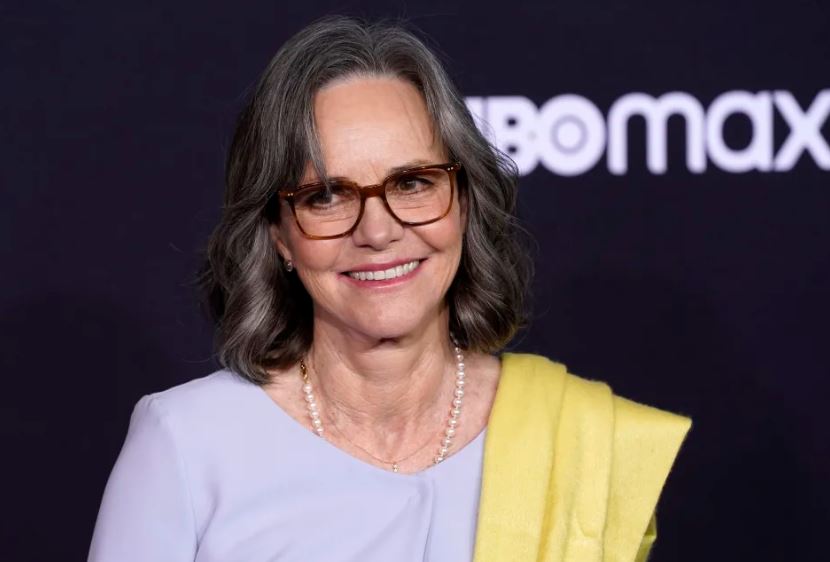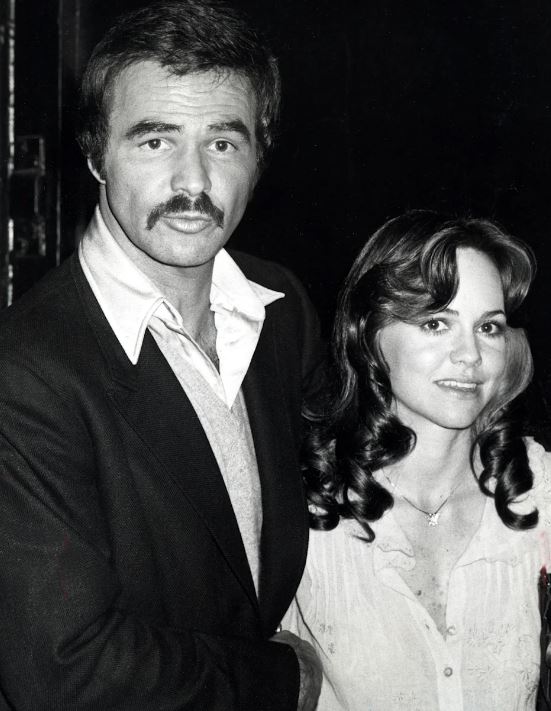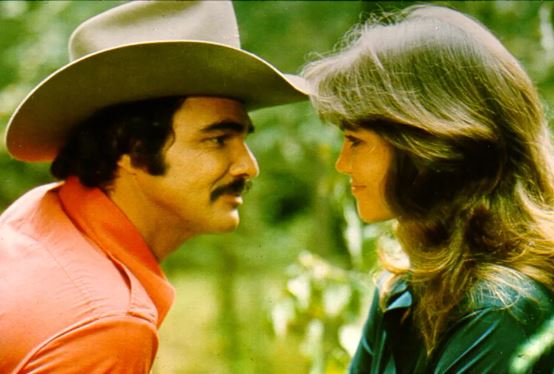Sally Field was not the love of Burt Reynolds’s life.
That was what Reynolds publicly dubbed her in 2015 — three years before his death. He said one of his biggest regrets in life was not making their relationship, which began on the set of 1977’s Smokey and the Bandit, work and he gushed about how much he missed her.

The actress’s take is decidedly different.
“He was not someone I could be around,” she said in a new interview with Variety. “He was just not good for me in any way.”

As for his public proclamations, Field, 75, said, Reynolds, who died from a heart attack at age 82, “somehow invented in his rethinking of everything that I was more important to him than he had thought, but I wasn’t. He just wanted to have the thing he didn’t have. I just didn’t want to deal with that.”
Field’s memoir, In Pieces, came out on Sept. 18, 2018 — coincidentally 12 days after Reynolds’s death — and in it, she wrote about their complicated relationship. She said he was controlling and hurtful, and detailed his drug usage, claiming he used Percodan, Valium, and barbiturates while making Smokey and the Bandit. (Reynolds’s second wife, Loni Anderson, also detailed Reynolds’s drug use in her memoir, and said it led to him physically abusing her.)
Field and Reynolds dated on and off for five years and made four movies together. Field wrote said in hindsight, the relationship with Reynolds was her attempt to recreate a version of her relationship with her stepfather, Jock Mahoney, a stuntman and actor, who she claimed in the book sexually abused her until she was 14. She “was exorcising something that needed to be exorcised.”
Field, who married twice (both ended in divorce), issued a nice statement after Reynolds’s death. However, she did not attend his funeral.

Field told Variety she didn’t worry about writing so candidly about her relationship with Reynolds in her memoir, which it took her seven years to complete, “because I didn’t think I was going to publish it.”
In the interview, Field — who is working on the road-trip movie 80 for Brady with Jane Fonda, Lily Tomlin and Rita Moreno — spoke about her long career in Hollywood, calling it a business that “can really kick the poop out of you.”
She became a TV star as Gidget in 1965, but her years as the Flying Nun (1967 to ’70) were unsatisfying and she longed for movie roles. Of Flying Nun, she said, “It was a job. And I learned to survive things. It’s important to learn how to survive things, things you like, things you don’t like. I just had to put my head down and go to work and do the very best job I could. And those are the times when you realize that there’s a reason why you’re eating so much but trying to hide. You’re trying to cover up your depression. But at that point in my life I didn’t have the skills to recognize what was happening to me … and being able to see what your dreams are.”
Field, who is also in HBO’s Winning Time: The Rise of the Lakers Dynasty, “had to like claw my way out of because they wouldn’t let me in a door. And it just made me work and work and work and do things maybe I would not have done before.”
Smokey and the Bandit helped put her on the map and she went on to win two Academy Awards, first for 1979’s Norma Rae and then 1984’s Places in the Heart. Yes, she endured sexual harassment along the way. (“Yes, of course, I have. Absolutely. Many times in different ways. Some less horrific and some more horrific.”) She also spoke about pay disparity. (“I had to make a living, so I never felt the luxury to say, ‘Well, I’’ going to hold out for more money.’ I felt like I was a poor kid. I’ll take anything you’ve got.”
Field also spoke about her infamous Oscars speech for Places in the Heart — and how it’s often misquoted as “You like me. You really, really like me” when she said, “I can’t deny the fact that you like me, right now, you like me.”
“Sometimes I want to punch them in the nose,” she said about hearing it misquoted, “but mostly because they don’t ever say the context of what I said before.”
She explained, “I say I haven’t had an orthodox career, that this has been a struggle for me, but for this one moment in time, I have to allow myself to know and feel that you like me. And I could’ve been more eloquent. I should’ve used a word like you ‘appreciated’ my work. I don’t know what the word was. To me, what mattered was for that one moment in time I did it. I did it. I landed it, and I thanked them for feeling it. A lot of people didn’t have a clue of what they were talking about. They didn’t know what it is to be a performer and have your nose and your ears and your legs out there to be ridiculed and criticized. They don’t know what that feels like. They’re not in the arena. They’re handing out the deodorant in the stands.”




